Exploring Language in a Multilingual Context: Variation, Interaction and Ideology in Language Documentation
This book proposes a new methodological approach to documenting languages spoken in multilingual and socially and linguistically heterogeneous and dynamic contexts. Tracing the investigation of one unique linguistic space, the English-lexified creole language called Takitaki in multilingual French Guiana, the book illustrates how interactional sociolinguistic, discourse analytical and quantitative sociolinguistic approaches can be fruitfully integrated with structural approaches to language in order to systematically resolve dicey but rarely theorised/discussed questions (what are the outlines of the community, who is a rightful speaker, what speech to document etc) that frequently crop up in projects of language documentation in multilingual contexts. The authors argue that comprehensively documenting complex linguistic phenomena requires taking into account the views of all local social actors (speakers, institutions, linguists, non-speakers etc), applying a range of complementary data collection and analysis methods and putting issues of ideology, variation, language contact and interaction centre stage.phenomena requires taking into account the views of all local social actors (speakers, institutions, linguists, non-speakers etc), applying a range of complementary data collection and analysis methods and putting issues of ideology, variation, language contact and interaction centre stage.
{{comment.content}}
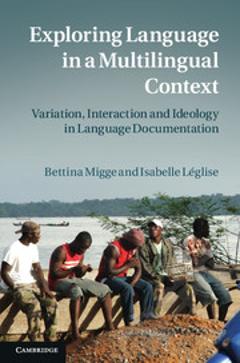
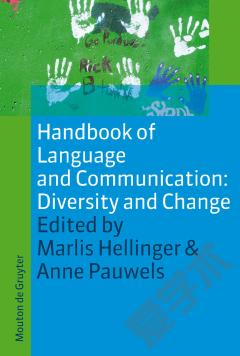
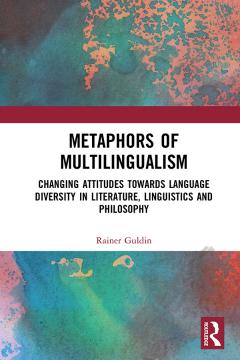
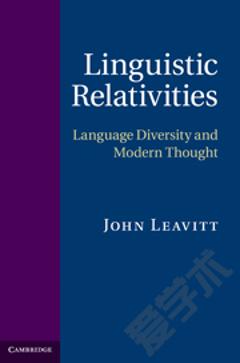
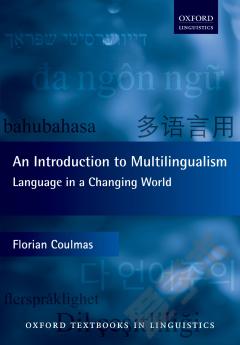



 京公网安备 11010802027623号
京公网安备 11010802027623号